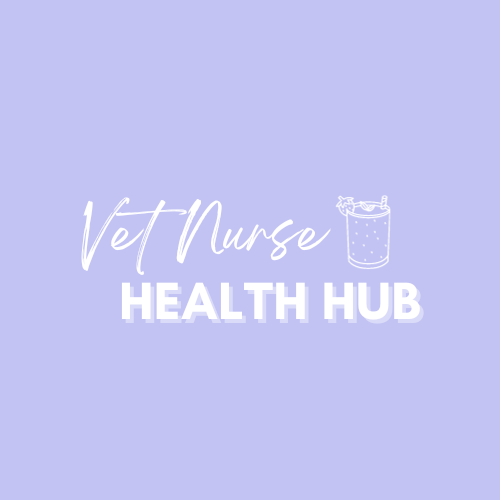3 reasons why you need to prioritise sleep as a vet nurse
Being a vet nurse is physically and mentally exhausting - in a way the average person doesn’t understand. It’s a lot - cleaning, lifting, restraining, positioning, running up and down, never ending phone calls, grumpy clients, grumpy dogs, pathology, surgery prep, etc, etc, you get the picture right. Just typing this out spiked my heart rate! Then, we get home and most likely take care of our own pets, other family members and any home duties. We need to rest! Because we’re going to do it all again tomorrow, and the next day and the next day. If you’re not getting adequate sleep, this can take a toll on your physical and mental wellbeing.
So why should we make sure we get proper sleep instead of unwinding watching Netflix into the early hours of the morning? Sleep gives our body time to do certain “tasks” while we rest, therefore getting us set up for the next day, primed and ready. Here are 3 reasons why our bodies need good sleep -
Muscle repair and relaxation - Lifting those heavy dogs or restraining patients can put a strain on our muscles. While we sleep, our bodies can repair and rest any overworked muscles, preventing any possible injuries or inflammation. eating a diet with sufficient lean protein is important for this too.
Information processing in the brain - As vet nurses, you take on a lot of tasks, absorb a lot of information and do a lot of calculating and prioritising during your day - your brain definitely gets worked! During sleep, our brain spends time collating, organising and processing this information. Almost like doing a quick tidy at the end of the day. Don’t you love when someone organises the bandage cupboard? This is what our brain needs to do as we sleep. If we don’t get proper sleep, it is more difficult for our brain to calculate and process information the next day.
Digestion - We of course digest during the day, but there are still some other processes that go on while we sleep. Good sleep ensures optimal absorption of nutrients form our food and even cell repair and rejuvenation within the digestive system itself. It is not ideal to eat a large meal before going to bed as initial stages of digestion can be disruptive to sleep.
So how can you ensure you’re going to get a good night’s sleep? I know as a vet nurse, it can be really hard to wind down after work. It’s important to set up a healthy sleep routine that works for you, so your body is almost “anticipating” that sleep is coming (sort of like your body learning a routine). Here are some things to include in your sleep routine -
Sunlight exposure in the morning (this is surprisingly effective).
Getting fresh air at some point in the day - walk a patient or step outside on your lunchbreak.
Exercise that isn’t running around a vet clinic - go for a 10 or 5 minute walk at the very least.
Find ways to wind down - reading, meditating, yoga.
Keep your room dark at night. The photoreceptors in our eyes send messages to the brain to wind down for sleep when it’s dark.
Avoid the doom scroll before bed - a hard one I know, but try put your phone down before you hop into bed.
Download this checklist here and save to your phone to have handy.


